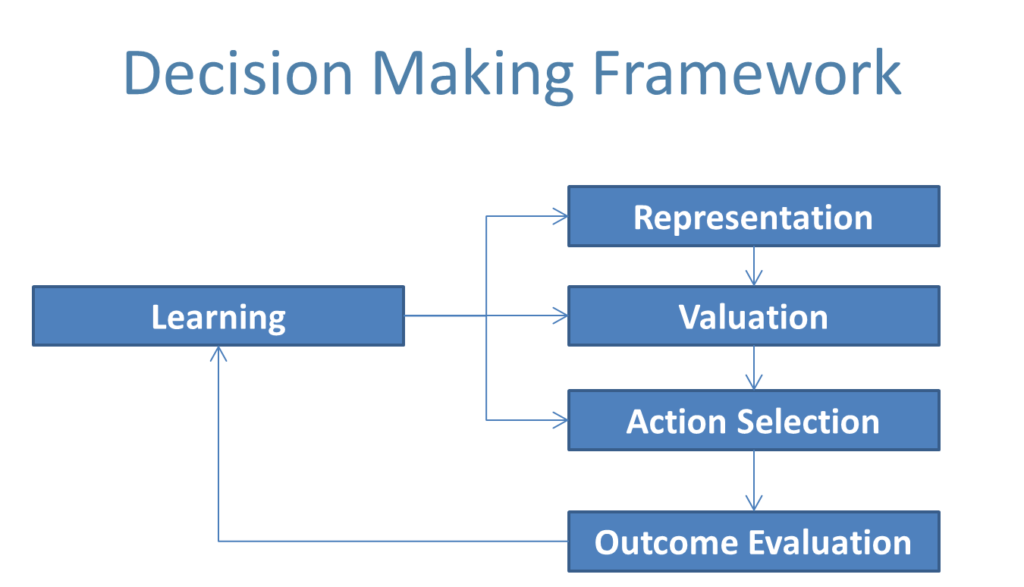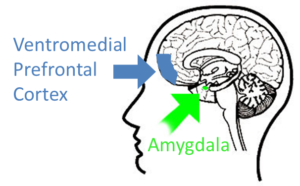 Conventional wisdom in Customer Success says that customers renew or expand their subscriptions based on the value they obtain from their software, such as cost savings or productivity gains. But neuroscience suggests there’s more to it. Individuals make decisions based on their experience and the emotional, not logical, rewards they expect. That means Customer Success professionals must pay close attention to the personal benefits each customer experiences throughout their journey.
Conventional wisdom in Customer Success says that customers renew or expand their subscriptions based on the value they obtain from their software, such as cost savings or productivity gains. But neuroscience suggests there’s more to it. Individuals make decisions based on their experience and the emotional, not logical, rewards they expect. That means Customer Success professionals must pay close attention to the personal benefits each customer experiences throughout their journey.
What’s your value proposition?
The first question investors ask entrepreneurs is “What problem does your product solve?” Newly minted business leaders may stress product features and technology capabilities, but making things easier, faster, and less costly is what matters to customers. A compelling story not only sways investors but generates sales.
Upon entering the market, the company must clearly articulate product benefits to customers in logical and compelling terms. Salespeople must then demonstrate what the product does and cite the rationale for making the purchase. After the sale, Customer Success professionals onboard customers, reinforcing the value proposition and the logic for maintaining the subscription.
But do customers really make buying decisions based on value propositions?
Human decision making
Scientists say human goal-directed decision making involves five cognitive processes:[1]
- Representation. Using experience as a guide, the brain collects internal and external data, generating a range of potential options. Action-outcome associations are then constructed for each alternative.
- Valuation. The brain then determines potential rewards and punishments for each alternative, establishing expectations for potential future states. Besides rewards, the brain considers other factors such as relative effort, cost, time, and risk for each option.
- Action Selection. The brain then compares the strength of each competing alternative, sometimes reevaluating multiple times until one option emerges as the final decision.
- Outcome Evaluation. Depending on the result of the action, the brain encodes levels of reward and punishment associated with the outcome.
- Learning. The brain compares what was experienced to what was expected, updating and storing the revised action-outcome association for future recall and use in decision making.
For simple decisions, these steps occur at lightning speed and often below conscious awareness. For example, at dinner we instinctively choose a steak knife instead of a butter knife when cutting meat. But when choices are more complex, such as selecting a new software platform, decisions may require weeks of conscious effort.
Emotions matter
Scientists believe that feelings are actively involved and essential for choosing. Neuroscientist Antonio Damasio says that the brain encodes memories with somatic markers and later recalls them for decision making.[2] Damasio asserts that body states, prompted by emotional responses, imprint reward and punishment information on our personal narratives. When we recall specific episodes, the markers reactivate stored emotional states and “weigh in” on our decisions. Depending on circumstances, our affective recall may not come to full awareness, but underlying emotions strongly bias our choices.
 Effects of brain injuries support Damasio’s theory. If the amygdala (the midbrain structure that experiences emotions) becomes impaired, new memories are no longer marked with affective content. And if damage occurs in the brain’s ventromedial prefrontal cortex (the structure that recalls and integrates memories), pre-existing somatic markers can no longer be decoded. Patients with either type of injury then make poor choices or become incapable of choosing at all.
Effects of brain injuries support Damasio’s theory. If the amygdala (the midbrain structure that experiences emotions) becomes impaired, new memories are no longer marked with affective content. And if damage occurs in the brain’s ventromedial prefrontal cortex (the structure that recalls and integrates memories), pre-existing somatic markers can no longer be decoded. Patients with either type of injury then make poor choices or become incapable of choosing at all.
Which emotions are involved in business decisions? One may assume that the prospect of saving or making money is important, but neuroscientists say it’s less of a concern. Since it’s relatively new compared with millions of years of human evolution (the Chinese introduced standardized coins in about 770 BC[3]) money acts only as a secondary reinforcer. In other words, money matters only when it associates with a primary factor, such as our ancient need for physical (food, warmth, shelter) or social benefit (status, certainty, power, affiliation). So stating gains in terms of money, while certainly a rational and logical approach, pales in comparison to suggesting how a product increases an individual’s sense of certainty, autonomy, or social rank.
Experience leads to better decisions
As shown in the decision making framework, continuous learning also affects our choices. When we repeat a behavior, our brain compares outcomes to expectations, updating a mental “anchor” with the new knowledge. In subsequent decisions, the brain automatically attempts to reduce errors between its predictions and outcomes. Whether we are aware of it or not, emotional pain or pleasure gained by repeated learning guides us every step of the way. The more experience we have, the more we learn and the better we decide.
Neuroimaging experiments have shown that emotional processing combined with learning indeed impacts our decision making. One recent study, for example, revealed bi-directional connectivity between the neural circuits that help us evaluate subjective value and enable personal introspection.[4] This finding further reinforces the notion that value-based decisions rely heavily on emotional cognition and autobiographical memory. Triggering self-referential processing in decision making helps us examine our past and make choices that better prepare us for the future.
What the science means for Customer Success
Understanding and describing a product’s value proposition is only a first step. As many veteran salespeople know, marketing messages don’t tell the whole story. Customers don’t buy because a product’s features, advantages and benefits are superior to the competition—it’s what the product does and how individuals feel about it that really matters. Personal benefits, not logical arguments, ultimately win the sale. The science agrees.
In the subscription software business, Customer Success professionals then face an added challenge. Customers inevitably compare promises made before the sale to promises kept afterwards. Besides evaluating ROI, customers will internally gauge how subscribing impacted them personally in terms of increased security, social standing, or power. Through their experiences, customers will ultimately learn whether a supplier, its technology and people can be trusted. And all of these factors sway the decision whether or not to renew.
In summary, Customer Success professionals must do more than prove value after the sale—they be attentive to the often hidden but impactful emotional responses customers have along the way. And when the organization as a whole meets the customer’s effective (logical) and affective (emotional) needs throughout their journey, subscription renewals and expanded revenue are assured.
Sources:
[1] Rangel, A., Camerer, C. and Montague, P.R., (2008). A framework for studying the neurobiology of value-based decision making. Nature Reviews, July 2008, Volume 9, pp546-556.
[2] Damasio, A. R. (1996). The somatic marker hypothesis and the possible functions of the prefrontal cortex. Phil. Trans. R. Soc. London. B 351, 1413-1420.
[3] Ancient Chinese coinage, Wikipedia, accessed 1/28/2017
[4] Acikalin, M., Gorgolewski, K., and Poldrack, R. (2017) A coordinate-based meta-analysis of overlaps in regional specialization and functional connectivity across subjective value and default mode networks. Frontiers in Neuroscience, 19 January 2017
